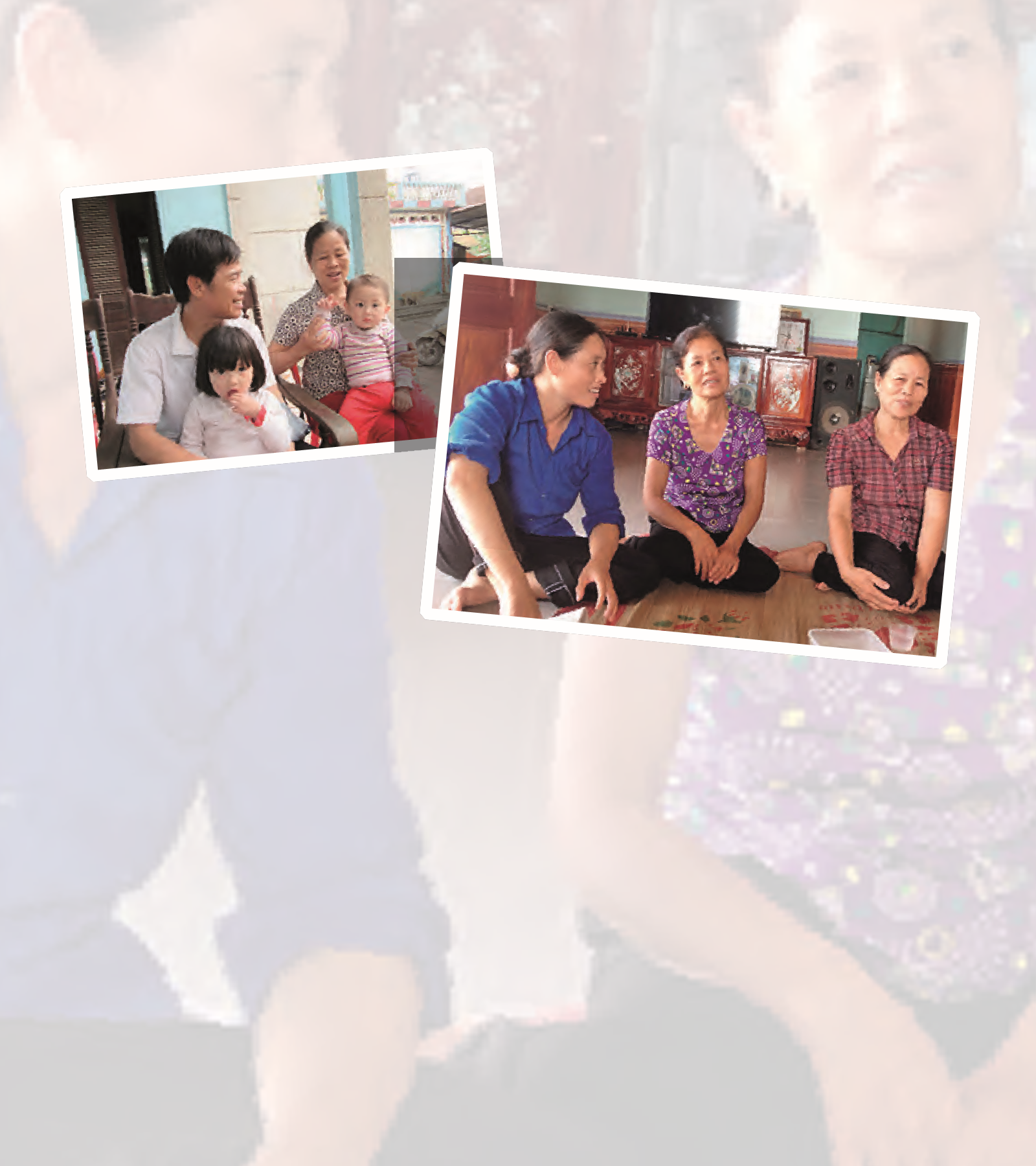La Thi Lieu
Na Hoi commune, Bac Ha district, Lao Cai province, Vietnam
La Thi Lieu, 47, grows vegetables for a living. As a leader of the women’s commune as well as a mother of two children, the productivity of her farm and the development of their community are very important to her.
The Na Hoi commune, located in the highlands, faces unique challenges in production. It has limited land for cultivation, so people use the land incessantly. There is little irrigation; the main source of water is rain. Generally, there is a lack of knowledge on techniques in growing vegetable varieties and in farm management.
In 2008, the members of the commune established an agricultural group for sharing experiences and technical support to members of the community. The group facilitated the sharing of material supplies, and guided farmers in cultivation techniques. In 2011, all the members agreed to formalize the group into a cooperative, with the name Di Thang Agricultural Cooperative.
La Thi Lieu was one of the cooperative’s pioneers, and served at its head from 2010 to 2013. “Members of cooperative have been growing common vegetables that have been grown in this location for a long time, and during the same season. We did not have the technique and information for growing other varieties for different seasons. Because of this, our crops were vulnerable to diseases and insects. Productivity, too, was very low,” she said.
She shared that they used pesticides “to develop some vegetable varieties at the wrong time.” Thus, the varieties that they developed were not strong and diseased.
But after graduating from several training courses under the REAL Project, La Thi Lieu acquired new techniques and knowledge on farm management. These trainings raised her awareness on how pesticides are toxic to human health and ecological environment. “At present, we do not use pesticides so much. The conditions are better for growing vegetables, and farmers have support from our local technical staff,” she said.
The trainings helped her appreciate biodiversity, and the need to protect indigenous vegetable varieties. The knowledge also taught her how to effectively plan for cultivating on limited land. “When we understand agricultural biodiversity, it helps us get more benefits from the system via conservation and development,” she said.
Through trainings and experience, she also found out that indigenous vegetable varieties could perform well in the market. “My knowledge and skills on market access were enhanced. Now, I can help other members fetch a better price for our products in the market. We are getting more income and we can save money for investing in the next season,” she proudly said.
She admitted, though, that it was still difficult to search for markets for “safe products” like the vegetables that the Di Thang cooperative now produces. But some farmers are now able to sell vegetables to Lao Cai City and Hanoi City.
In general, the commune has seen a drastic reduction in the cost of production and labor. They are also capable now of making good plans for cultivation.
After getting a lot of positive results, many farmers’ groups from other communities started to visit their farms. The cooperative members would share their knowledge and skills to their visitors. “Sometimes, I am very busy taking care of visitors. I feel confident when participating in social activities, and this confidence helps more people to learn from our experiences,” La Thi Lieu said.
She shared that with the development of her commune, her family has also become happier. Her two children are now studying in the university. “It takes time to participate in activities to help people, but I feel very happy to be helping others. I have developed very good skills in connecting with people within and outside the cooperative. I hope I can further enhance my knowledge and continue supporting members in our community and in other communes,” she concluded.


